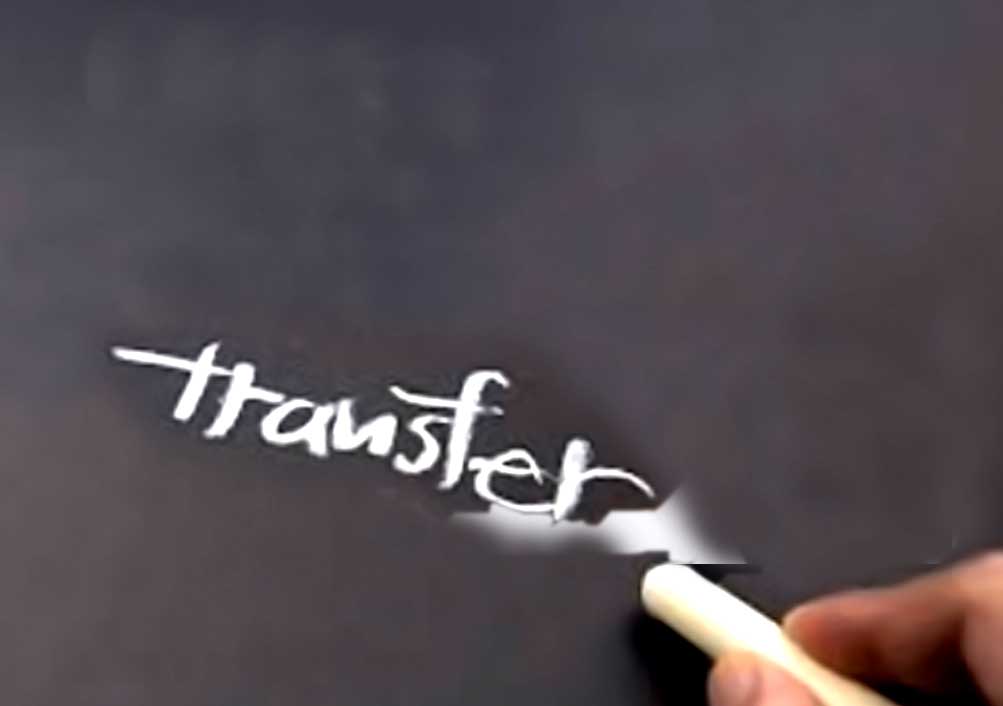Employee from outside cadre under Cadre Controlling Authority cannot claim Inter-Commissionerate Transfers based on executive instructions, in absence of specific provision to that effect: Top Court on Recruitment Rules,2016

Read Judgment: Sk Nausad Rahaman & Ors. V. Union of India And Ors.
Pankaj Bajpai
New Delhi, March 11, 2022: While hearing a case abuse of ICTs and the distortion which is caused in service leading to plethora of litigation, the Supreme Court has opined that an employee from outside the cadre under the control of a Cadre Controlling Authority (CCA) cannot claim an Inter-Commissionerate Transfers (ICT) based on executive instructions, as the executive instructions which had been issued by DoPT in the form of Office Memorandums (OMs) will not prevail over Recruitment Rules 2016 that have been framed under the proviso to Article 309 of the Constitution.
A Division Bench of Justice Dr. D.Y Chandrachud and Justice Vikram Nath observed that absence of a provision for filling up a post in the Commissionerate by absorption of persons belonging to the cadre of another Commissionerate clearly indicates that the cadre is treated as a posting unit and there is no occasion to absorb a person from outside the cadre who holds a similar or comparable post.
Going by the background of the case, a Division Bench of the High Court of Kerala dealt with a batch of petitions under Article 226 of the Constitution challenging the orders of the Central Administrative Tribunal (CAT) on the issue of the withdrawal of Inter-Commissionerate Transfers (ICT), and came to the conclusion that the Central Excise and Customs Commissionerates Inspector (Central Excise, Preventive Officer and Examiner) Group ‘B’ Posts Recruitment Rules 2016 do not contain any provision for ICTs and, on the contrary, stipulate that each Cadre Controlling Authority (CCA) will have its own separate cadre, unless otherwise directed by the Central Board of Excise and Customs. The High Court further held that ICTs would violate the unique identity of each cadre envisaged under Rule 5 of RR 2016 and hence the circular withdrawing ICTs is not invalid.
After considering the submissions, the Top Court enshrined certain basic precepts of service jurisprudence, to observe that transfer in an All India Service is an incident of service, and whether, and if so where, an employee should be posted are matters which are governed by the exigencies of service.
An employee has no fundamental right or, for that matter, a vested right to claim a transfer or posting of their choice, added the Court.
Speaking for the Bench, Justice Chandrachud highlighted that executive instructions and administrative directions concerning transfers and postings do not confer an indefeasible right to claim a transfer or posting, and individual convenience of persons who are employed in the service is subject to the overarching needs of the administration.
Further, policies which stipulate that the posting of spouses should be preferably, and to the extent practicable, at the same station are subject to the requirement of the administration, added the Bench.
Justice Chandrachud also clarified that where there is a conflict between executive instructions and rules framed under Article 309, the rules must prevail, and in the event of a conflict between the rules framed under Article 309 and a law made by the appropriate legislature, the law prevails.
“Administrative instructions, it is well-settled, can supplement rules which are framed under the proviso to Article 309 of the Constitution in a manner which does not lead to any inconsistencies. Executive instructions may fill up the gaps in the rules. But supplementing the exercise of the rule making power with the aid of administrative or executive instructions is distinct from taking the aid of administrative instructions contrary to the express provision or the necessary intendment of the rules which have been framed under Article 309”, added the Bench.
While highlighted that all matters pertaining to the CBEC and CBDT are under the domain of the Department of Revenue, and that there has to be a harmonious construction with the subjects which are assigned to the DoPT, the Top Court said that executive instructions which have been issued by the DoPT cannot however prevail over the specific provisions which are contained in the rules which have been framed under the proviso to Article 309 of the Constitution.
Hence, while upholding the judgment of the Division Bench of the Kerala High Court, the Top Court left it open to the respondents to revisit the policy to accommodate posting of spouses, the needs of the disabled and compassionate grounds.
Such an exercise has to be left within the domain of the executive, ensuring in the process that constitutional values which underlie Articles 14, 15 and 16 and Article 21 of the Constitution are duly protected, added the Apex Court.
Sign up for our weekly newsletter to stay up to date on our product, events featured blog, special offer and all of the exciting things that take place here at Legitquest.




Add a Comment